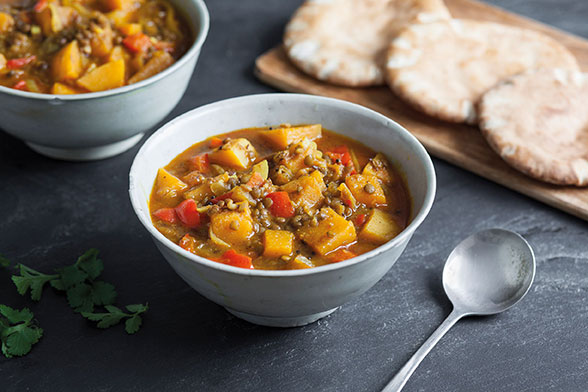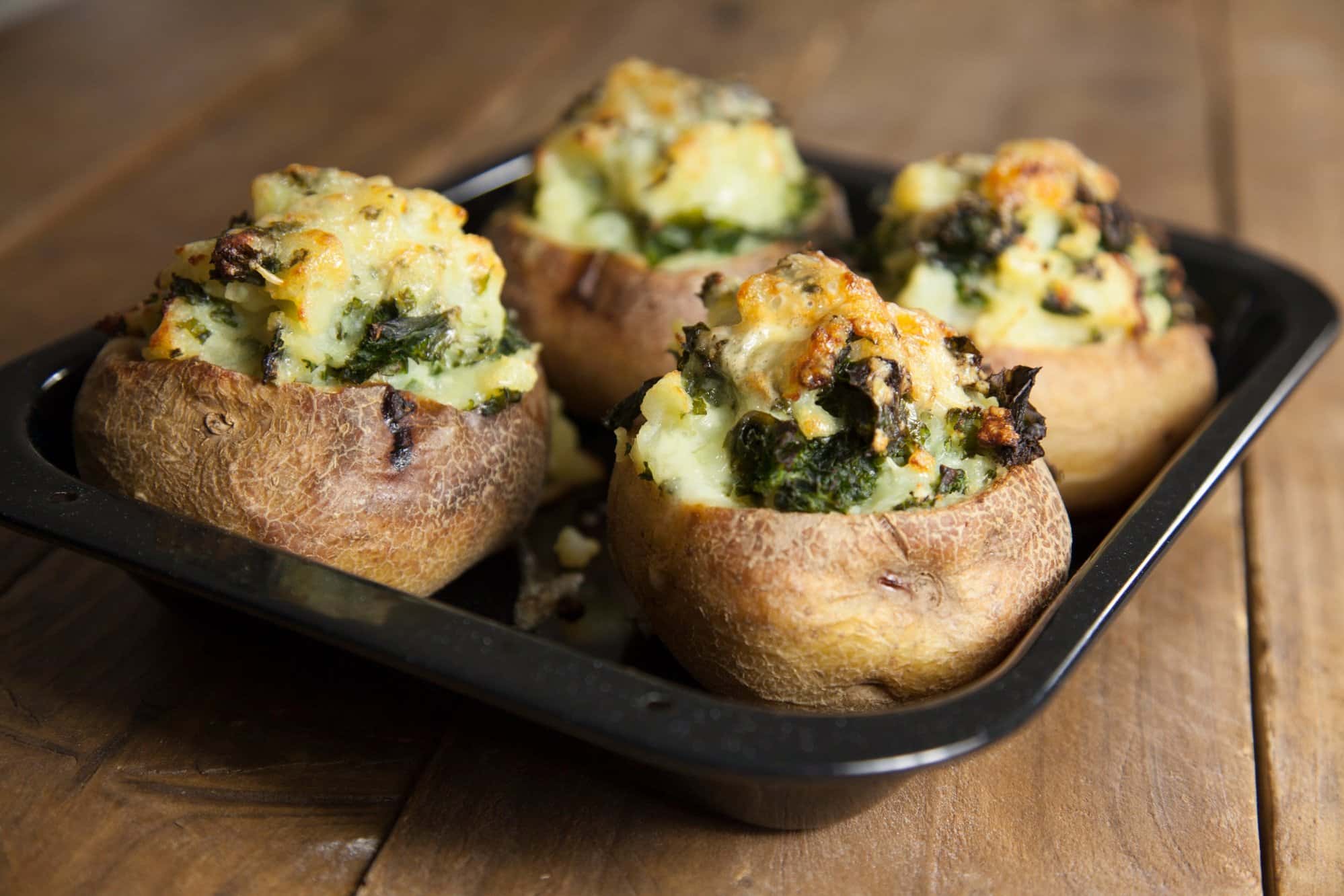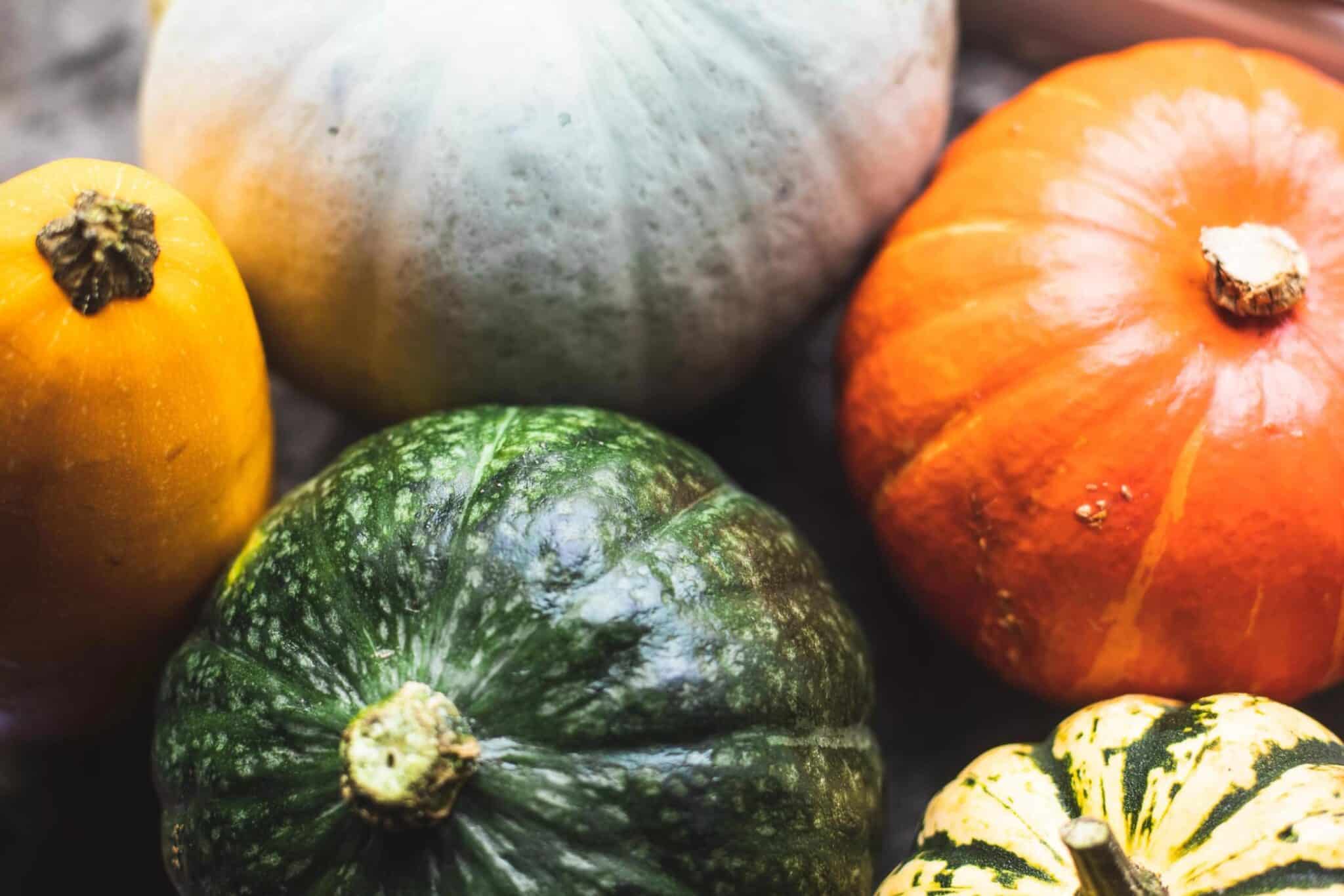Domestic energy costs are already impacting homes UK wide as people are having to cope with hefty energy bill price hikes of over 50 per cent. As figures released today by the Office for National Statistics show, inflation hit a new 30-year high of seven per cent last month, with the cost of living is set to rise even further.
Store cupboard staples like flour and sunflower oil, which often form the basis of food products found on every supermarket shelf, have been affected by spiralling energy costs, the climate crisis, and the war in Ukraine (which is a major producer of both). The cost of cooking oils and fats has surged more than 18 per cent, so food prices will continue to rise as producers pass on these costs to consumers.

Making the most of what food you do have is vital for both budgeting and to combat climate change (as food waste is a major greenhouse gas emitter), so here are some tips to help make the most of what’s in your kitchen:
Cook from scratch
With the cost of ready-made meals up by seven per cent, cooking from scratch is a better way to make good food go further. No Waste and AnyList are good tools to help with menu planning and making a shopping list, and joining a veg box scheme provides a great basis for a healthy menu year-round.
Explore low fuel cooking and low energy recipes, using a slow cooker or stir frying
Another way to save energy, whether you are a big family or a smaller household, is to batch cook, freeze and then microwave portions as needed, using the whole oven to make two different dishes at once. Try this Ribollita-style soup, a super simple way to cook a big batch of comforting tomato soup fortified with beans and kale. Meanwhile a batch of carrot flapjacks will happily bake lower down in the oven.

Go zero waste
With less disposable income, impulse buys are off the menu, which also reduces food waste. Freezing or preserving veg until you need it is a great way to keep all that goodness for your plate and having a shelf or container in the fridge for ‘use this first’ means you won’t miss anything. Potatoes are one of the most versatile yet commonly wasted veg. No need to have the oven on for ages baking them – try making potato rosti instead. They cook in 10 mins and are great eaten with spinach and a fried egg for a speedy vegetarian meal. Other great rosti add-ins are grated apple or cheese, cooked onion or bacon, or fresh herbs.
Add high quality protein from precooked lentils, beans, and pulses
Hearty, healthy and cheap, tins of lentils or chickpeas already have the long cooking time done for you and are great add-ins to soups, stews or even as the basis of a salad. Invest in some spices, garlic and ginger for flavours that range from gentle and aromatic to more fiery. Spiced squash and lentil broth with warm pittas uses tempered spices (quickly frying them in hot oil) to releases their natural flavours. Keeping the cubes of squash small lets them soften quickly in the broth of this nourishing meal.

Seek out what’s in season and adapt your favourite recipes
Seasonal greens like kale, cabbage, chard and spring/summer greens are all interchangeable in most recipes – see our five flexible recipes for whatever greens you have to hand.
Adapt recipes to whatever you have in store
Replace buying specialist ingredients that will only create one meal, with classics that can help you make the most of what you’ve got – like a pantry pasta, curries or noodle bowl. This pick and mix pesto cooks in only 15 minutes, and is the perfect personalised dinner. If you don’t have orzo pasta (a small, rice-shaped pasta), you can use up any other pasta you have in your cupboard – try fusilli spirals or broken up pieces of spaghetti.















0 Comments